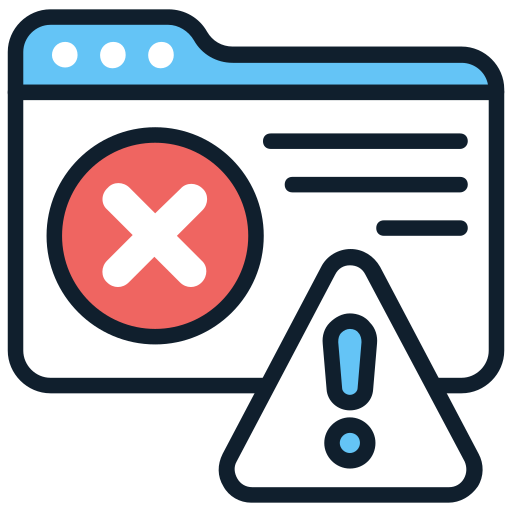- Cherry juice provides antioxidants and can lessen the inflammation associated with micro-tears.
- Use a cream made from chamomile oil, it can relax sore muscles and help prevent harsh spasms. Super Blue Stuff OTC, Super White Stuff OTC, Cool Menthol Therapy and Foot & Leg Comfort creams from Emu Therapy all contain both Roman Chamomile Oil and German Chamomile Extract.
- You can add capsaicin (spicy hot red pepper) to food to prevent spasming and further pain while you recover from Micro-trauma.
- Taking small doses of ginger can help reduce your swelling and inflammation due to micro-tearing.

Micro Tears
Debra MurrayWhat is Micro-trauma?
Micro-trauma is a blanket term physicians use to denote a variety of small injuries to the body. Oftentimes, these injuries come in the form of muscle tearing, called micro-tears, and occur as a result of overusing a muscle group in a particular way. Because of this, some experts refer to micro-tears as a kind of "overuse injury," although it's possible for Micro-trauma to occur in other ways, too.
Micro-trauma Symptoms
Micro-trauma often brings with it some inflammation of the affected and surrounding area. However, because micro-tears are so small and often localized, it is possible you may not even feel or see the effects of this inflammation, at least not until the problem becomes worse after some time. Pain associated with a micro-tear will start out as a dull, perhaps almost unnoticeable throb. However, this could be the beginning of a more serious problem, and the pain may progress to more acute levels within your body, particularly in those muscle groups you use often.
Many who have suffered micro-traumas in the past say their lower back was affected because they often use it for work or other activities without knowing they'd injured the area. That's because microtrauma symptoms don't always present themselves to you immediately. Rather, they hide in the background so that you don't feel anything beyond mild discomfort at worst. Because it can take so long, you're more likely to continue simply using the muscles as you normally would, possibly causing you further injury. Since micro-tearing results from overuse of muscle groups and because weightlifting often puts a strain on the muscles, it is one of the more common causes of micro-trauma. Weightlifting can exacerbate the condition if you continue to lift before you feel any pain from the initial tearing, meaning you could be at risk for a more disabling injury. Small micro-tears that are allowed to rest and promote muscle healing through natural herbal remedies can make the fibers and tendons more resilient.
How to Treat Micro-Tears
Micro-tearing affects a variety of overworked muscle groups and occurs beneath the surface even when larger, more severe injuries are also present. One of the most effective home remedies for this or any other muscle strain is the so-called RICE treatment. It's a useful treatment not just for its ability to speed the muscle healing process, but because you can do it yourself at home, too.
- You should Rest the affected muscles for a few weeks. Micro-tearing usually occurs as part of a "Grade 1" tear and will take between one and two weeks of rest to recover.
- Put Ice on the affected area so you can bring down swelling and redness and pain along with it.
- Using Compression will help keep the torn muscles in place and prevent further tearing by exacerbating the situation. Compression will help the muscle fibers get the time they need to repair themselves. However, you should make sure the bandage is not too tight. If you experience numbness or tingling, you may have wrapped the injury too tightly. You should loosen the bandage for best results here.
- You should Elevate the torn muscle groups as much as you can, particularly when you're already resting in bed or in a similar position. Doing this keeps blood from pooling and prevents inflammation and further damage.
Natural Remedies For Microtrauma
Sources and Further Reading:
https://en.wikipedia.org/wiki/Microtrauma
http://physioworks.com.au/injuries-conditions-1/calf-muscle-tears
https://www.webmd.com/first-aid/tc/rest-ice-compression-and-elevation-rice-topic-overview
https://www.healthline.com/health/pain-relief/best-natural-muscle-relaxers/
https://www.emedicinehealth.com/muscle_strain/article_em.htm


